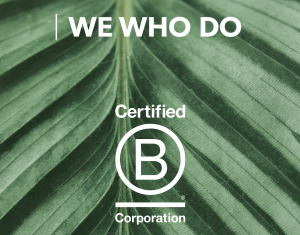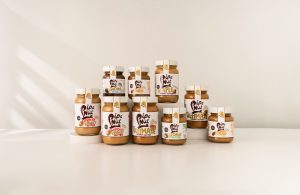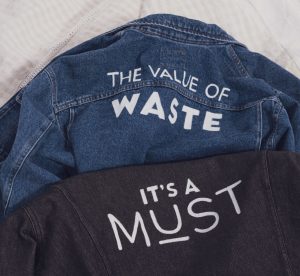It seems like the days where the only way to get ahold of some food on the go was to make a choice between a formal, sit-down meal with waiter service, or stand in line at the local fast-food outlet for some quick, greasy grub. That line is now blurring, thanks to the innovations in on-demand technology.
The advent of a new “on demand” culture and the availability of smartphones has bred a new generation of customers that demand fine dining food but with a fast food experience (and, shockingly, vice versa). Fast food has never been fancier, and fancy food has never been faster.
For example, customers in the UK are now able to pre-order and pay for their food from McDonald’s via the myMcDonald’s app before even arriving at the restaurant; paving the way for a seamless experience: walk in, pick up, walk out. Furthermore, some outlets are even offering table service, meaning that you can walk in, sit down, and have your food brought to you without even having to wait in line or carry your food yourself.
Why is this happening?
Well, we can assume that this is a spillover from the on-demand culture. For taxis in a flash, commuters have flocked to Uber. For restaurant-quality food in the comfort of their living room, sofa-based diners are lapping up what Deliveroo has to offer. It seemed only right that the “in person” restaurant experience had to bend its famously rigid ways to accommodate this expectation of convenience.
This trend does not, however, spell the end of the fast-food experience as we know it. While it may be tempting to say that where McDonald’s goes, the rest of the industry would follow, there are clear divergent trends from Ronald’s competitors. Subway, for example, embraced new technology by offering customers digital “SubCards”, rewarding repeated visits with free food, rather than buying into the “on demand” model.
Subway does seem like an ideal candidate for the McDonald’s treatment; it would make sense to allow customers to pre-order and collect their sandwiches – as this can take a long time during busy periods. However, the sandwich giant knows that customers value the freshness of their products and the experience that comes with seeing it assembled in front of them, and appreciates that this would be lost if on-demand was introduced in the same way.
So perhaps technology isn’t changing the face of fast food in the way that we expected, but rather forcing well-established restaurants to reconsider what their customers really want from them.







